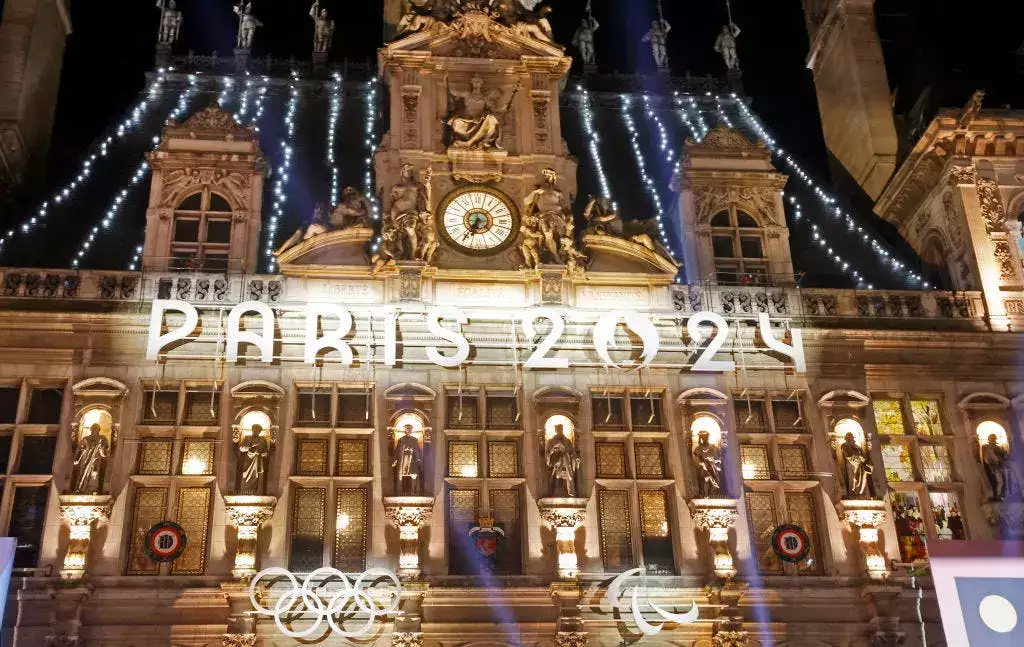The Paris 2024 Olympics are set to be a high-tech spectacle, with plans to use a 5G mobile network to enhance the experience for fans and athletes. Organizers anticipate using 5G connections to enable high-fidelity video sharing and to power haptic tablets for blind individuals to follow the events.
The scale of the technological infrastructure required to run the Olympics is enormous, with 12,000 connected screens, 8,000 WiFi terminals, and 13,000 computers connected nearly 250,000 miles of fiber-optic cable. The Paris Olympics will also be the first to operate solely with digital tickets. With such technical complexity, Bertrand Rojat, the chief technology innovation officer at Orange Events, has been conducting 5G testing across future Olympic sites to ensure that the network can handle the demands of the event.
This summer, the first wave of tests successfully took place, showing that the network could support the traffic required for a major event like the Olympics. Organizers plan to use private 5G networks for high-quality video coverage of the event, including a new approach to the opening ceremony and providing immersive video for spectators around the world. The 5G mobile capacity will also expand access to the Olympics and enhance the experience for all attendees.
Ultimately, the mission is to allow athletes to perform at their best during the competitions, and innovative technology, including 5G, will play a crucial role in this regard. The trials this summer have already helped expand 5G coverage across France, and organizers are working to reinforce 5G coverage on all Olympic sites. Overall, the use of 5G is poised to revolutionize the Olympic Games and make the Paris 2024 Olympics the most technologically advanced Games to date.

